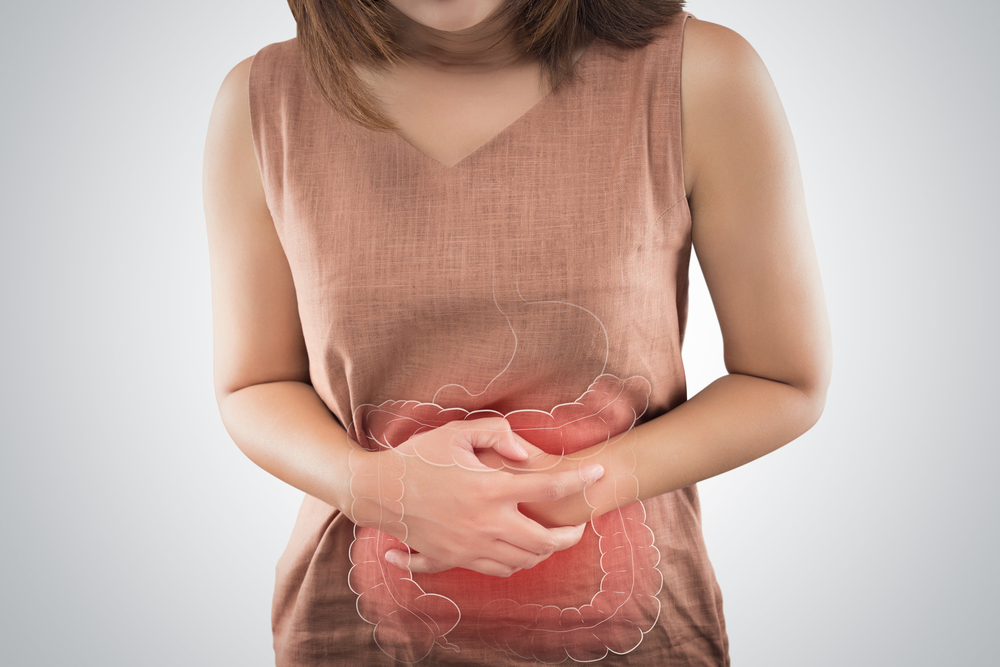Understanding Colon Polyps: Risks and Prevention
This article provides an overview of colon polyps, highlighting their causes, potential risks, symptoms, and effective prevention strategies such as regular screening and healthy lifestyle choices. Early detection is crucial, especially for high-risk groups, to avoid progression to colon cancer. Maintaining a balanced diet, quitting smoking, and staying active are key steps toward prevention. Consult your healthcare provider if you experience symptoms like rectal bleeding or changes in bowel habits for early diagnosis and treatment.
Sponsored

Understanding Colon Polyps
Colon polyps are small growths that develop on the inner lining of the colon. Most are benign, but some can develop into colon cancer over time, especially if left untreated. Any adult can develop these polyps, with increased risk for those over 50, smokers, overweight individuals, or those with a family history of polyps. Early detection through routine screening can identify and remove polyps before they turn malignant. Regular colonoscopies are vital for prevention, as early removal is safe and effective.
causes of colon polyps are not fully understood, but they result from abnormal cell proliferation. Factors like excessive red meat consumption, low fiber intake, high-fat diets, smoking, and obesity contribute to risk. Genetic conditions such as Gardner syndrome, familial adenomatous polyposis, and Peutz-Jeghers syndrome also increase susceptibility. Often, colon polyps do not cause symptoms, but bleeding—either visible blood in stool or black stool—is a common sign. Fatigue, anemia, and unexplained changes in bowel habits warrant medical consultation. Regular screenings are key to prevention.
Preventative Measures for Colon Polyps
Routine colonoscopy screenings
Adopting healthier eating habits, including increased fruits, vegetables, and whole grains, and reducing fatty foods
Limiting alcohol intake and quitting smoking
Maintaining a physically active lifestyle and a healthy weight
When to See a Healthcare Provider
Presence of blood in stools
Persistent abdominal discomfort
Changes in bowel movements lasting over a week
Discussing vitamin D and calcium intake with your doctor may help reduce polyp recurrence, though evidence is not conclusive. High-risk individuals should consider all prevention strategies for better outcomes.






